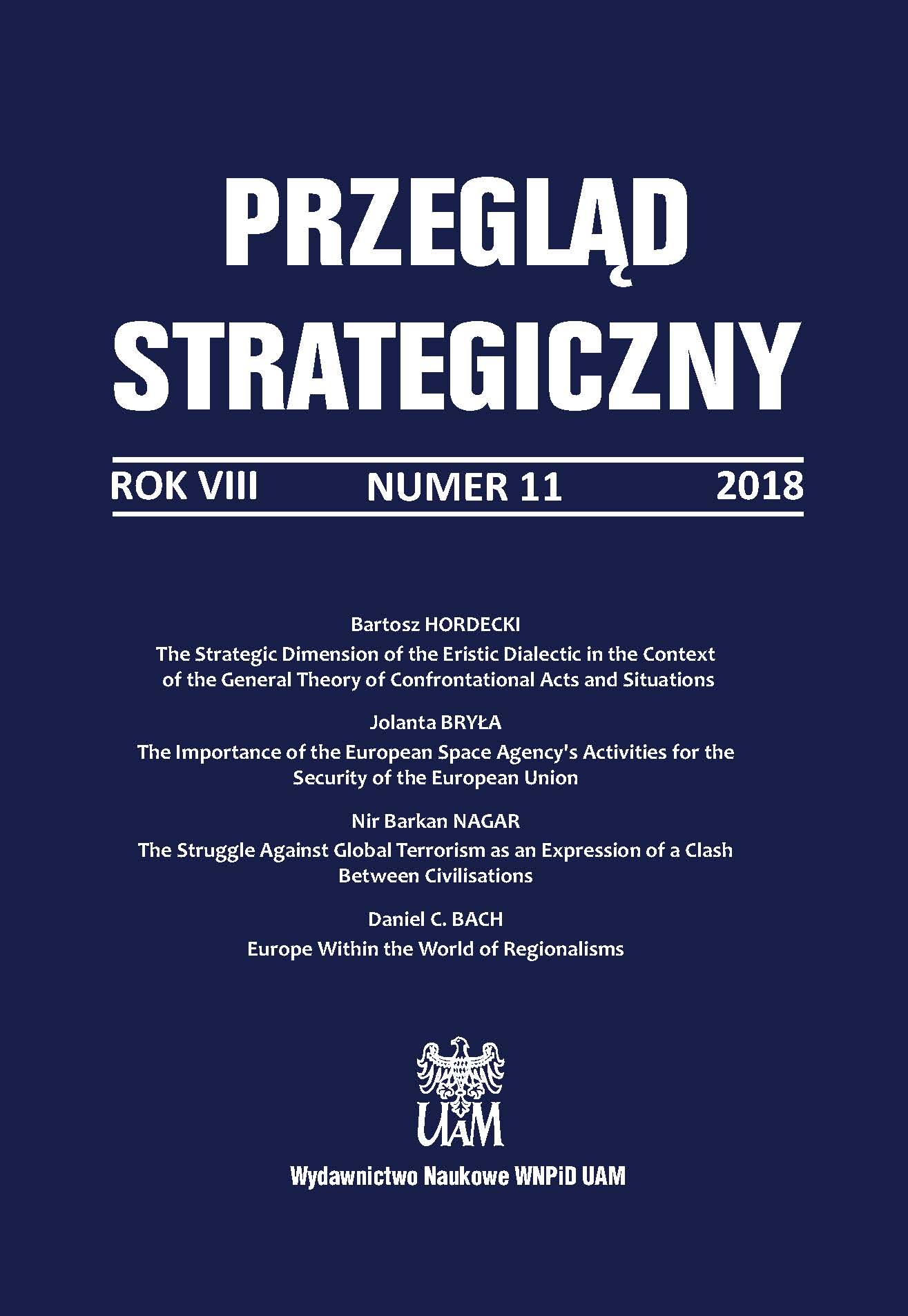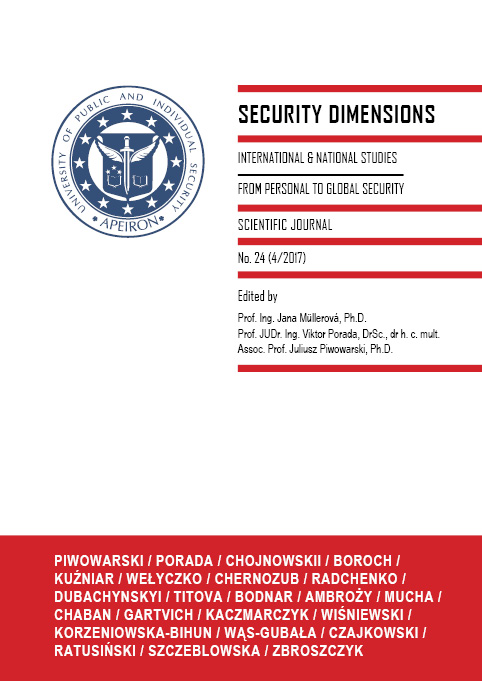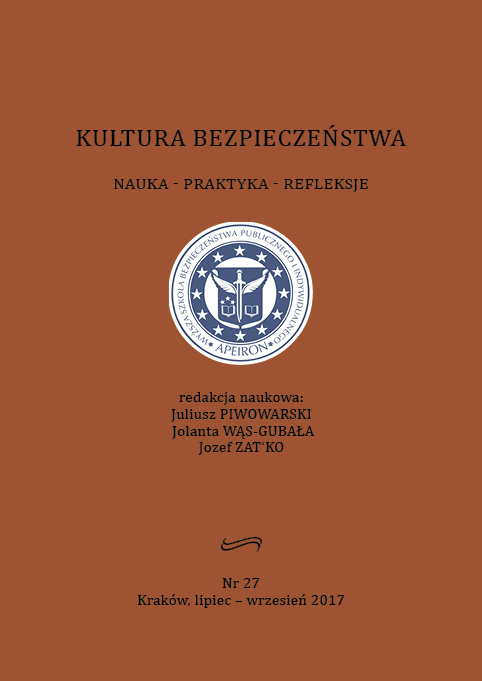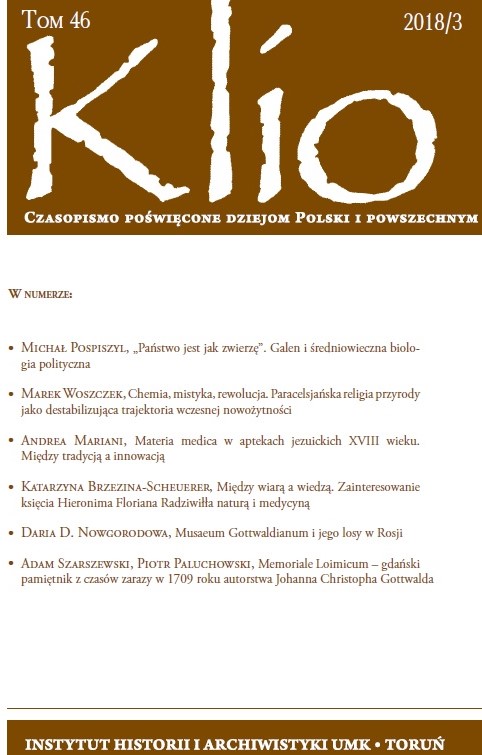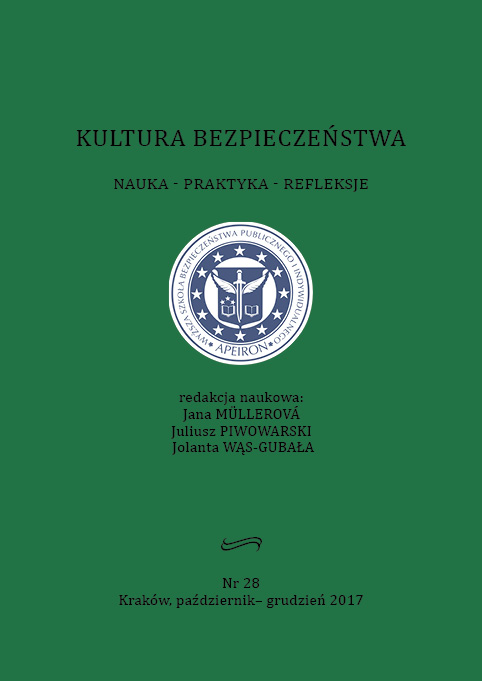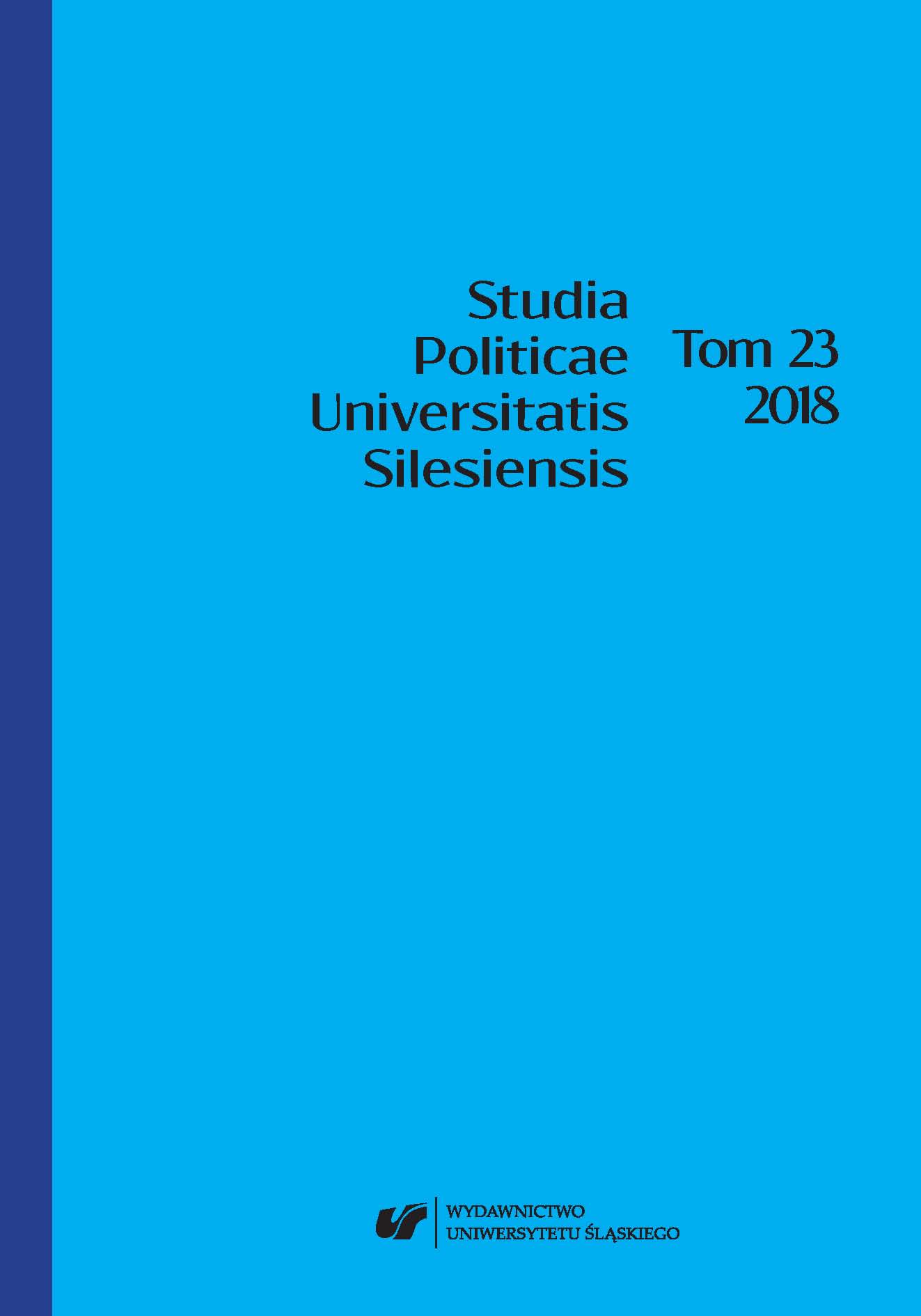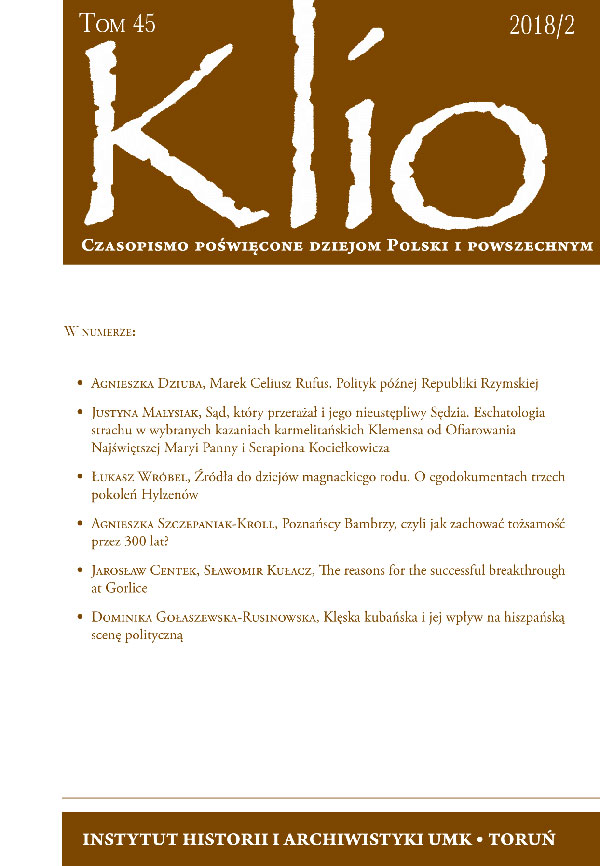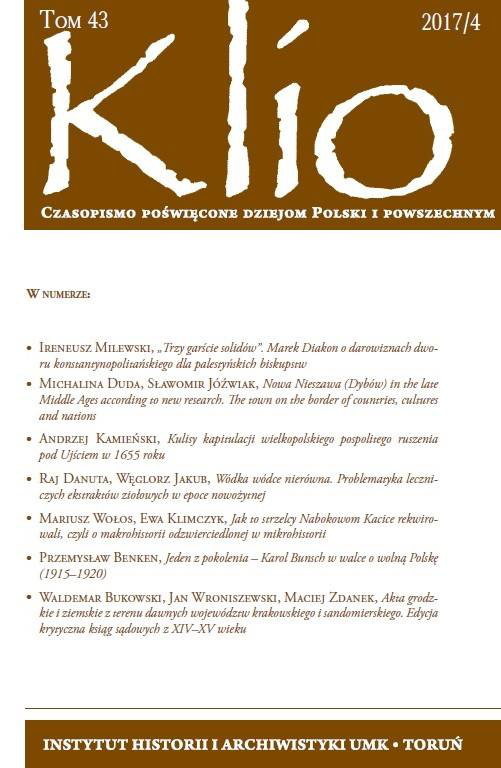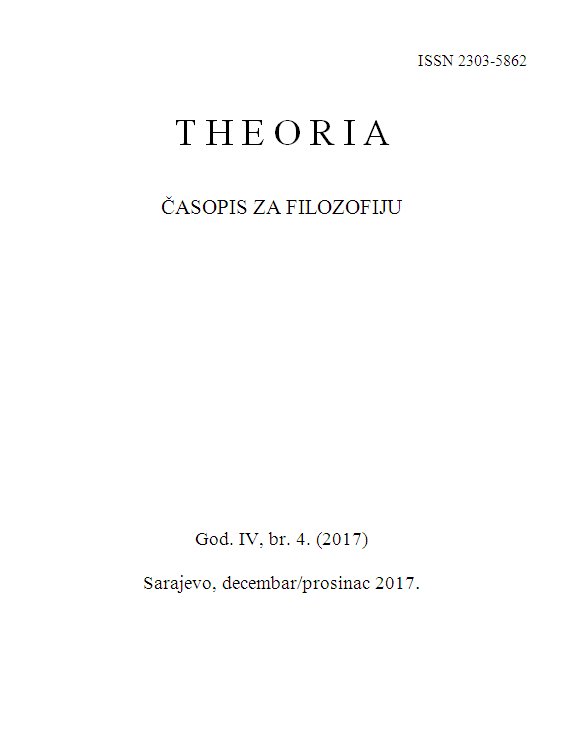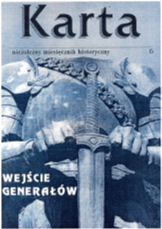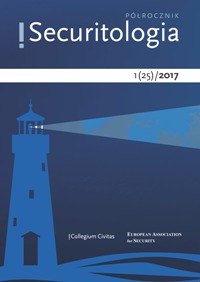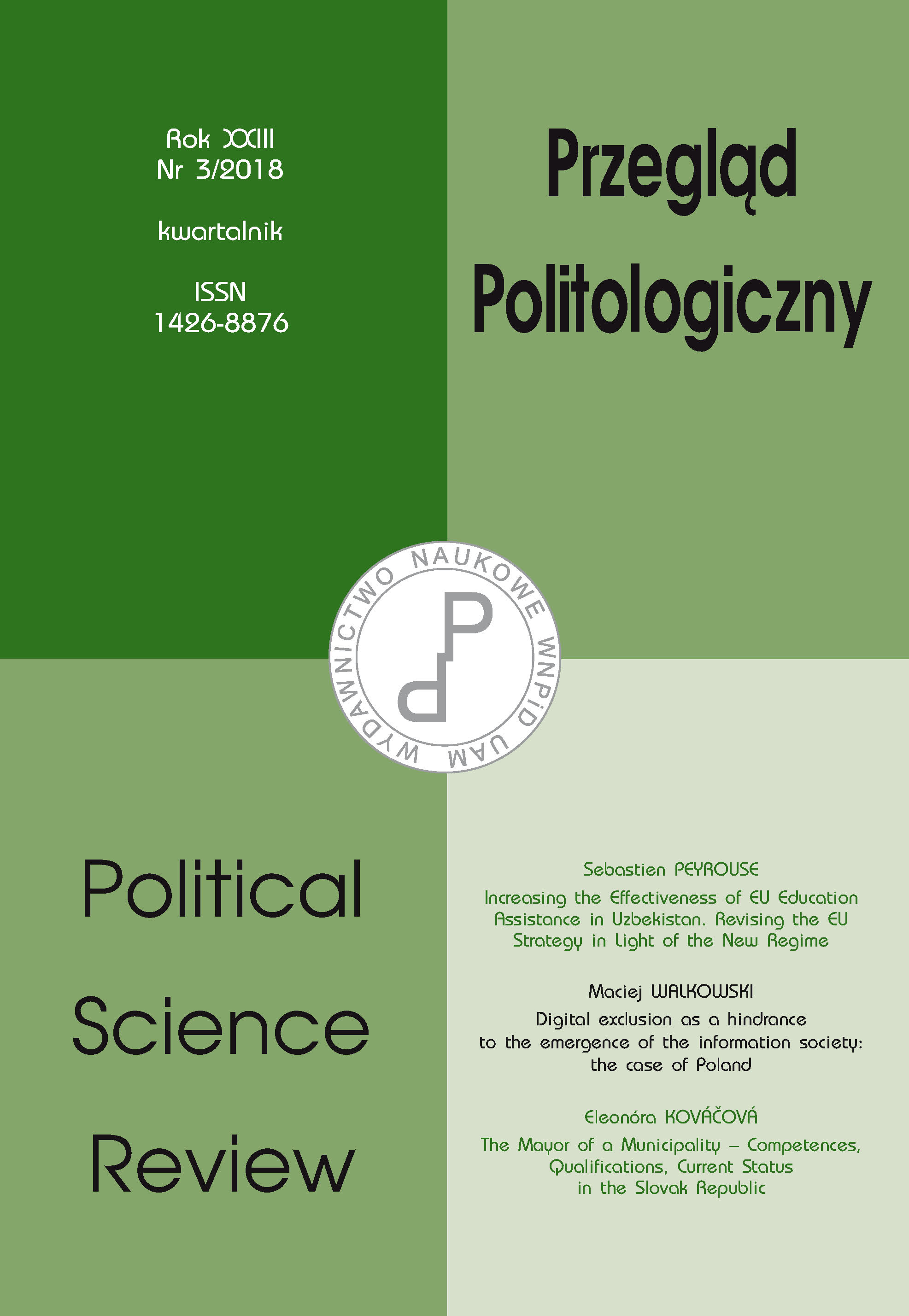
Negotiations with Terrorist Organizations for the Release of Abductees: Between Declarations and Practice. The Israeli Case
For decades, democratic countries have dealt with terrorist attacks carried out for the purpose of negotiations, which is the preferred modus operandi for some terrorist organizations. To what extent can a democratic regime effectively combat this abominable act while preserving a liberal or democratic character? Furthermore, these cases have become one of the most complicated dilemmas in both domestic and foreign policy. The prevalent opinion is that it is not possible to avoid meeting some of the demands of these terrorists. A government may even consent to paying a heavy price, so as to end the situation sooner. Media coverage influences this price, as extensive coverage of the terrorist attacks benefits the terrorists and thus increases their bargaining power. In contrast to the declarations of Israeli leaders in negotiations in cases of abduction, Israel has adopted a very flexible approach and is not interested in adopting the rigid approach of refusal to negotiate. The position of the opponents to negotiations with terrorist organizations is that the very negotiations with terrorist organizations legitimize them and the terrorist attacks, thus devaluing claims that terrorism is not a legitimate means of achieving one’s aims, and prevents the use of force in these situations. When all the prisoner exchange deals by the State of Israel are examined, approximately 7,500 terrorists have been released in the framework of the different deals, including terrorists with blood on their hands, in return for 14 living soldiers and civilians and 6 bodies of soldiers. A total of 1,027 terrorists were released in the Shalit deal alone.
More...
